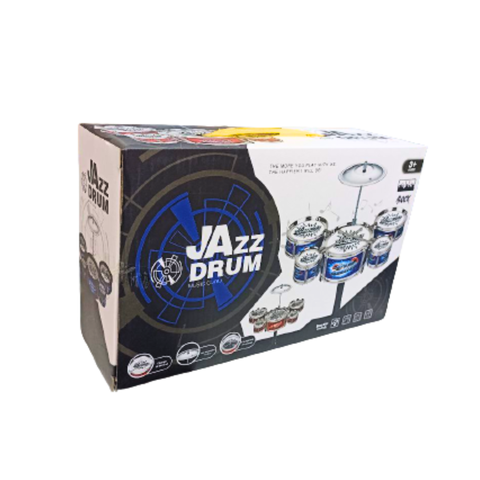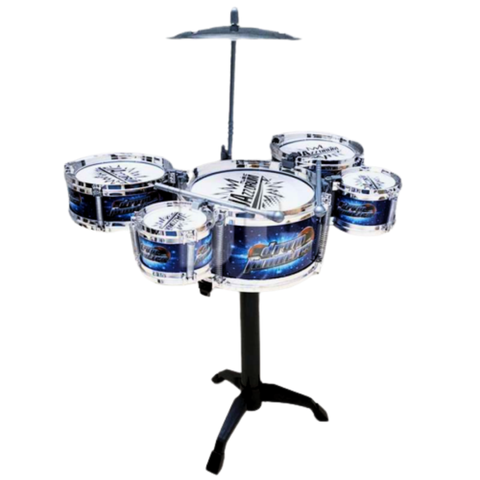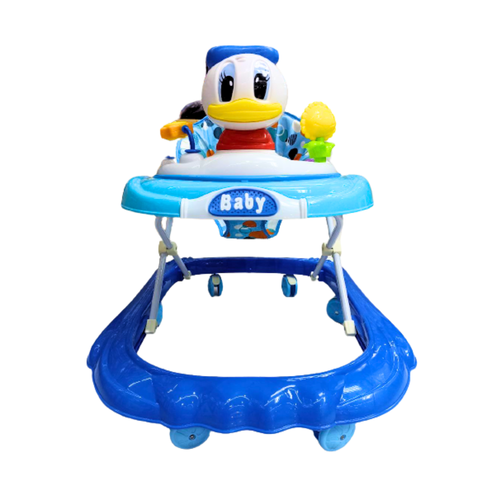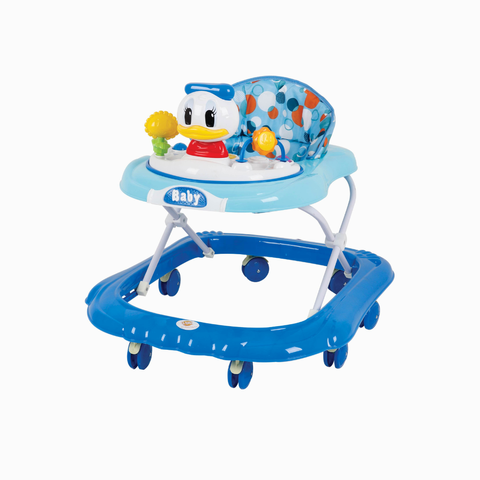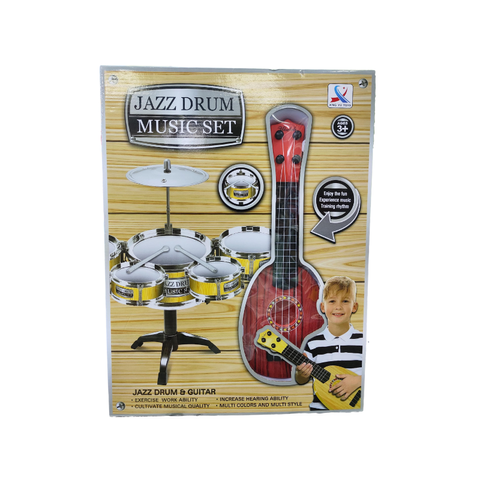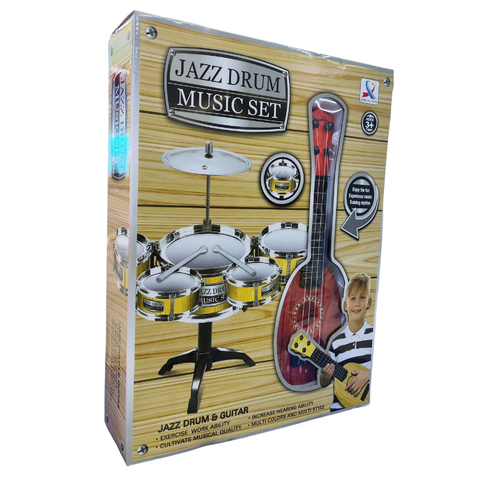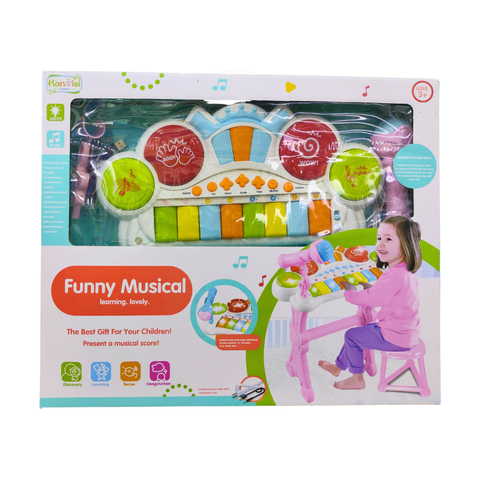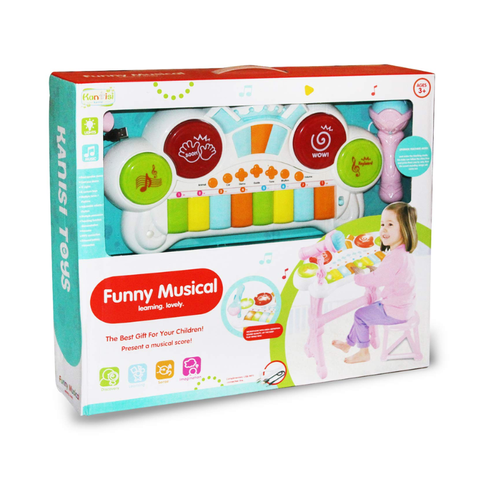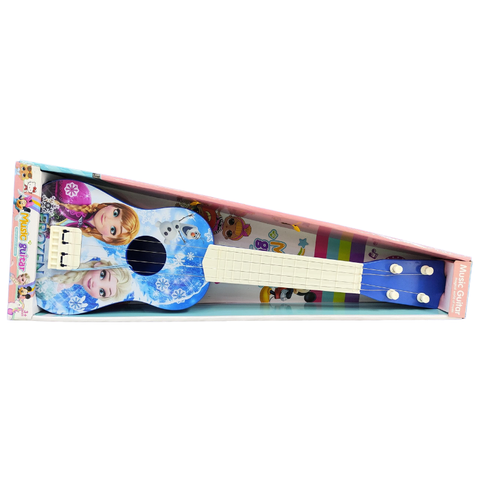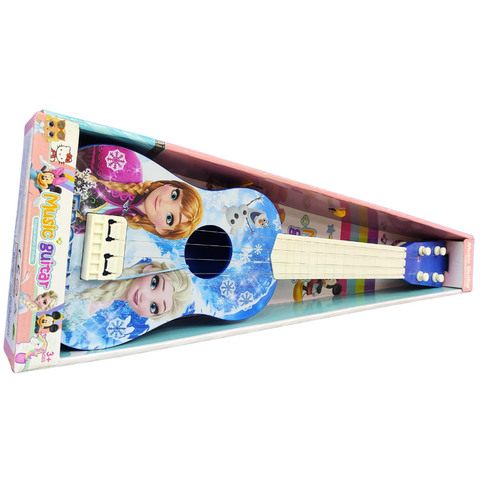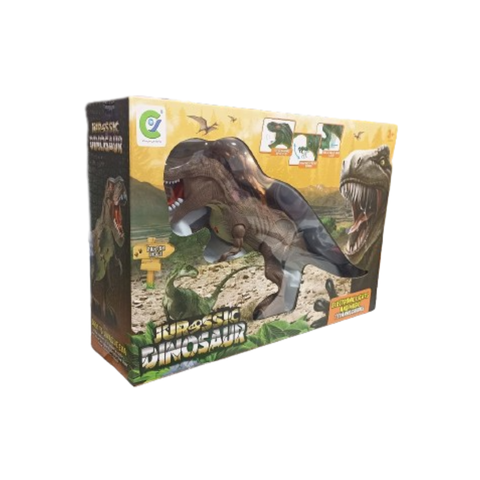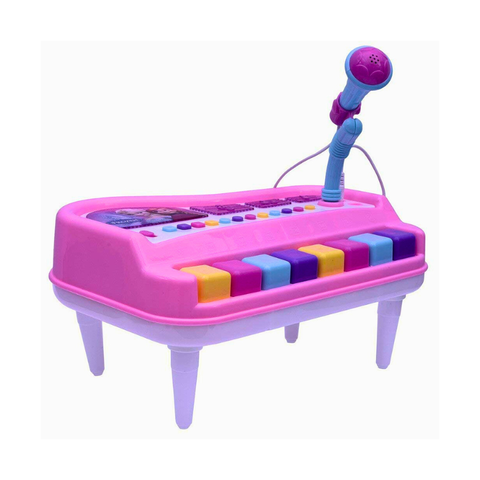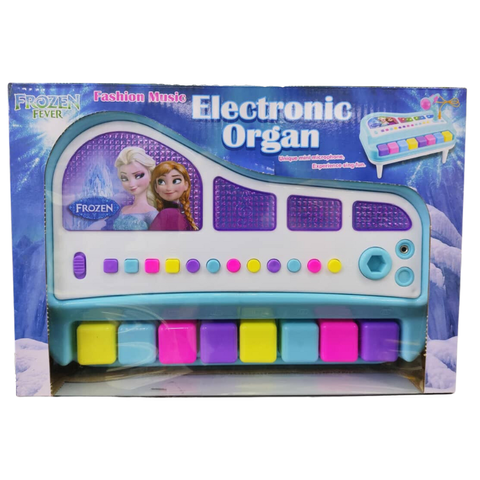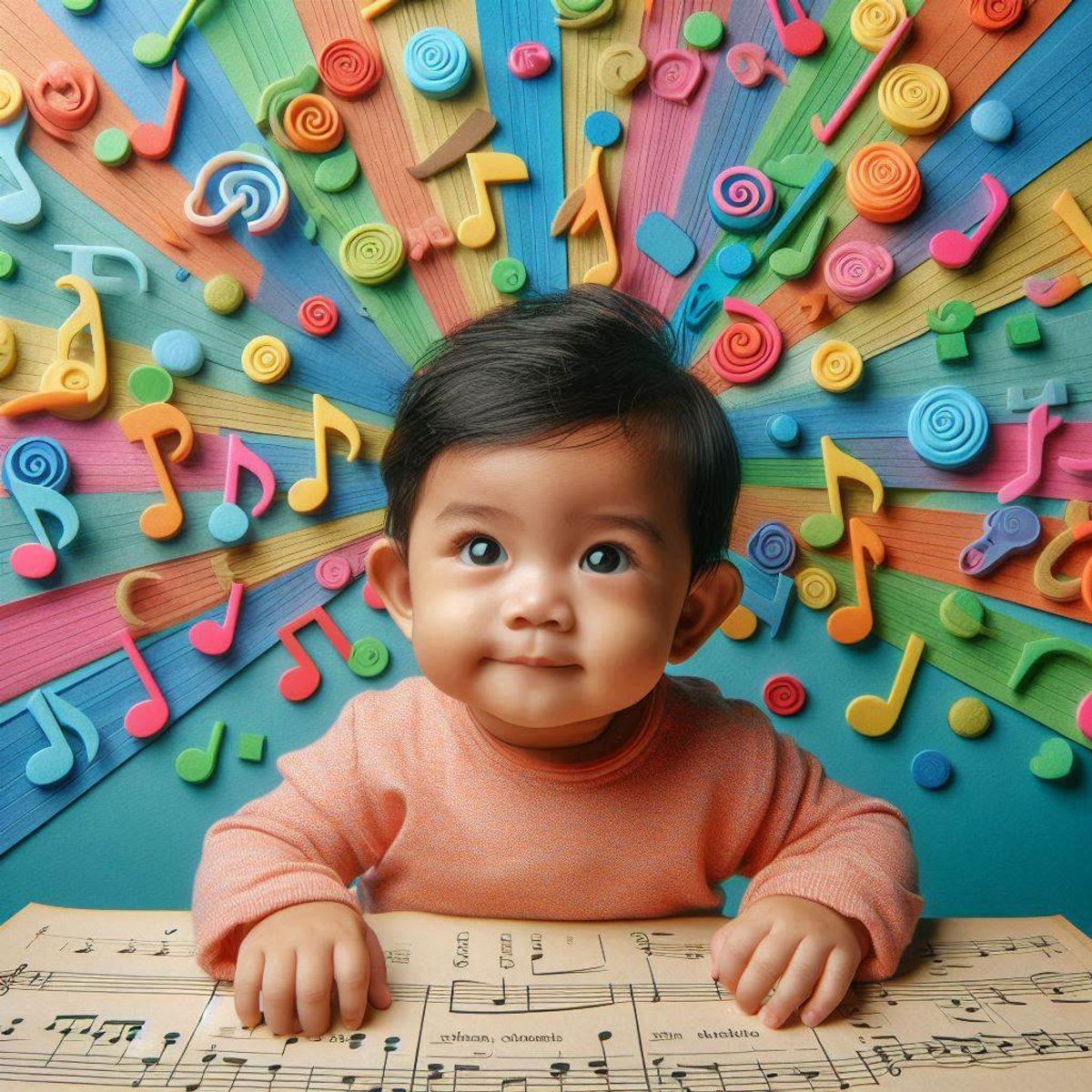
Musical toys offer more than just entertainment for babies; they play a pivotal role in sensory stimulation, cognitive development, and emotional well-being. Understanding the significnace of these toys can help you appreciate their value in fostering your baby’s growth.

1. Sensory Stimulation
Musical toys engage a baby’s auditory senses, introducing them to various sounds and rhythms. This auditory stimulation helps in:
Sound Recognition: Babies learn to distinguish between different sounds and musical notes, which is foundational for language development.
Sensory Integration: Engaging with musical toys helps integrate auditory information with other sensory inputs, enhancing overall sensory processing skils.
2. Cognitive Development
Exposure to musical toys contributes significantly to cognitive development by:
Enhancing Memory: Repeated listening to melodies and rhythms aids in memory retention and recall, supporting cognitive functions related to learning and development.
Fostering Attention: Musical toys often capture and hold a baby’s attention, helping to improve focus and concentration over time.
Encouraging Problem-Solving: Interactive musical toys that require manipulation, like pressing buttons or shaking instruments, stimulate problem-solving skills and critcal thinking.
3. Emotional Well-Being
Music has a soothing effect that can positively impact a baby’s emotional state:
Calming Influence: Soft lullabies and soothing melodies can help relax a baby, making musical toys valuable tools for calming during stressful or restless moments.
Mood Enhancement: Upbeat and playful tunes can elevate a baby’s mood, contributing to joyful and positive emotional experiences.
4. Motor Skill Development
Musical toys often involve physical interaction, which supports the development of motor skills:
Fine Motor Skills: Toys that require pressing buttons, turning knobs, or manipulating small parts help enhance fine motor skills and hand-eye coordination.
Gross Motor Skills: Larger musical toys that involve movement, such as drum sets or musical activity gyms, promote gross motor development by encouraging reaching, grasping, and movement.
5. Social Interaction
Musical toys can also facilitate social interaction:
Shared Play: Playing with musical toys often involves interaction with caregivers or siblings, fostering social bonds and cooperative play.
Communication Skills: Engaging with musical toys can encourage vocalization and communication, as babies respond to music with sounds, gestures, and expressions.
Musical toys are more than just delightful additions to your baby’s playtime; they are essential tools that contribute to sensory stimulation, cognitive development, emotional well-being, motor skill growth, and social interaction. By incorporating musical toys into your baby’s daily routine, you support their overall development and enrich their early experiences with the joy and benefits of music.
Related products
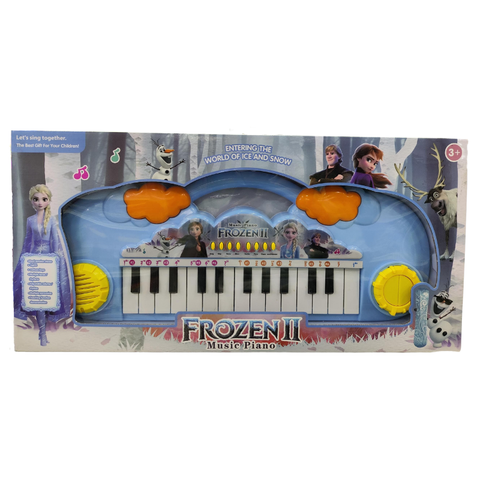
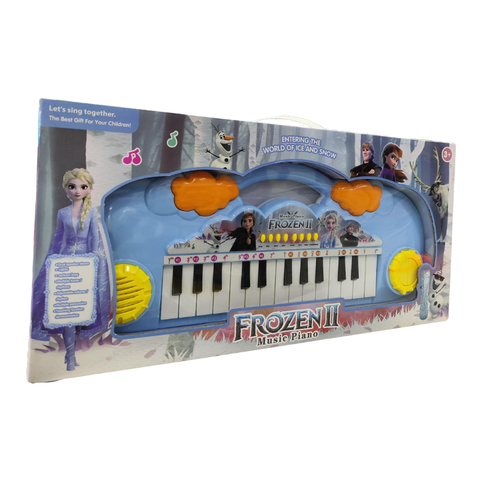
Music Piano Frozen Toys (3+)
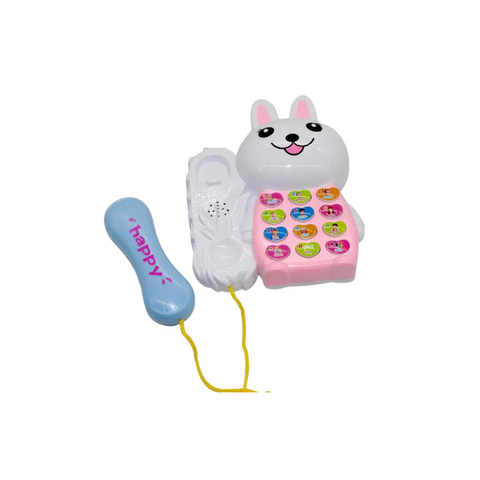
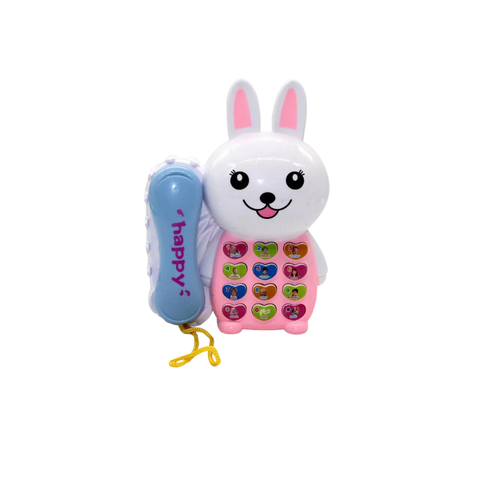
MUSIC PIANO EDUCATION
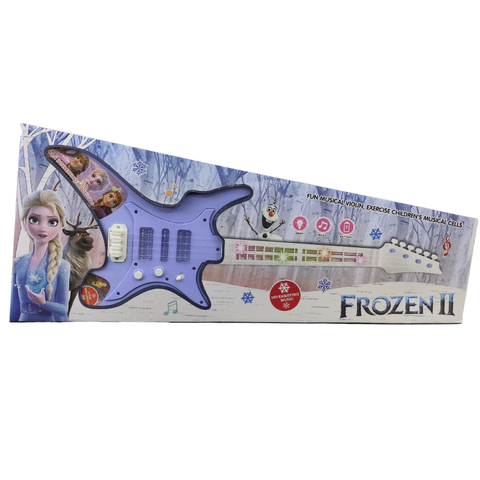
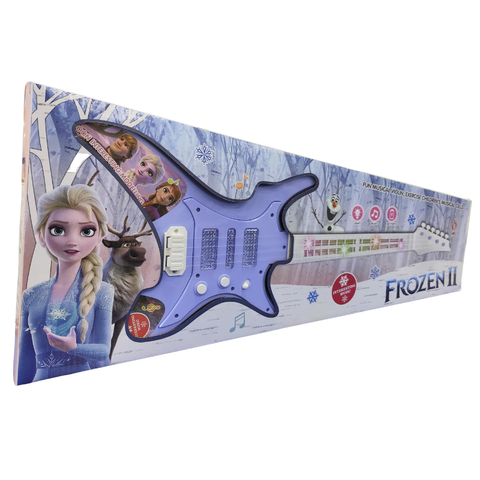
MUSIC GUITAR FROZEN (3+)



